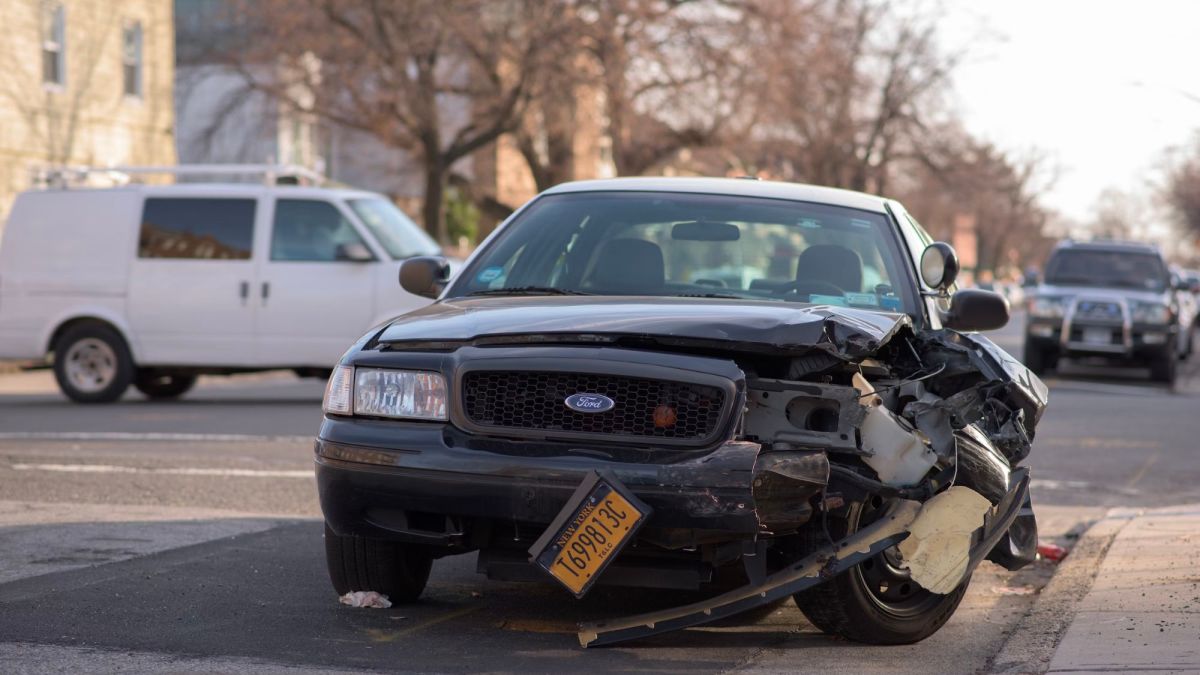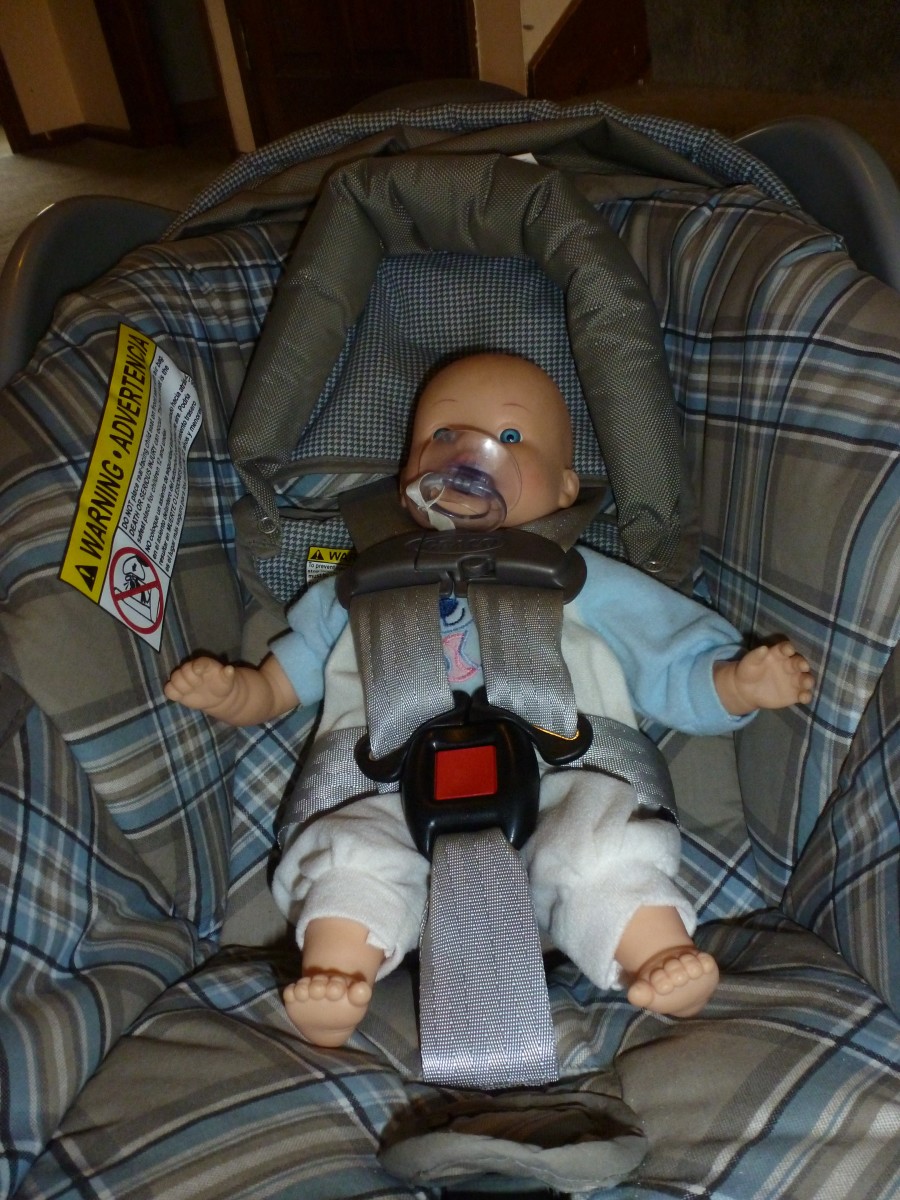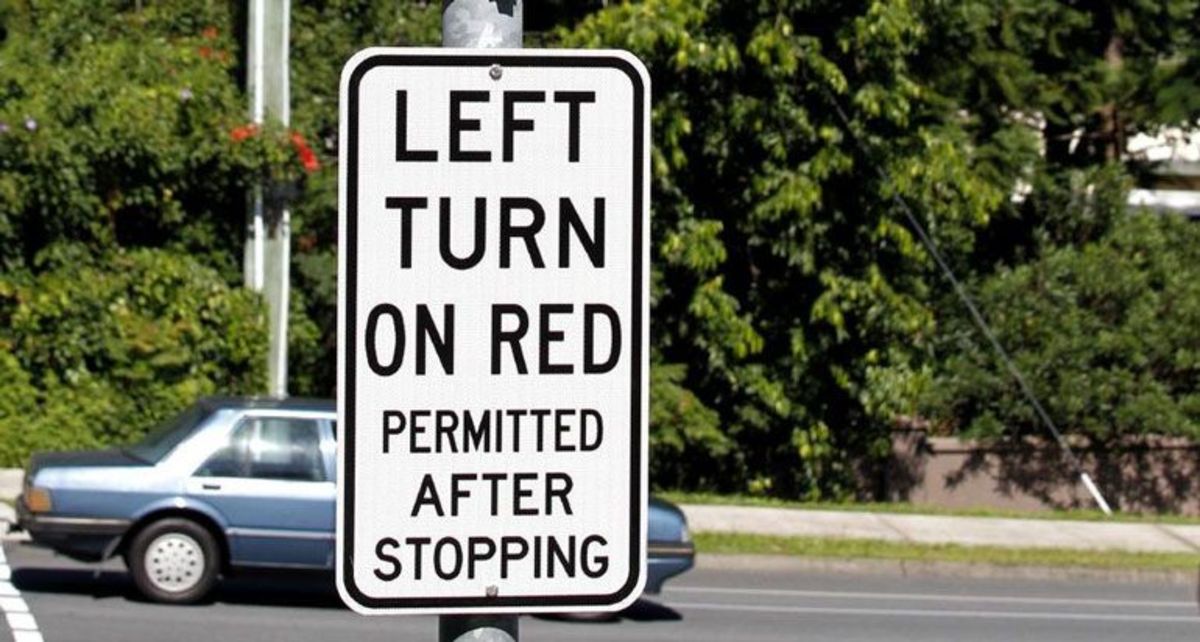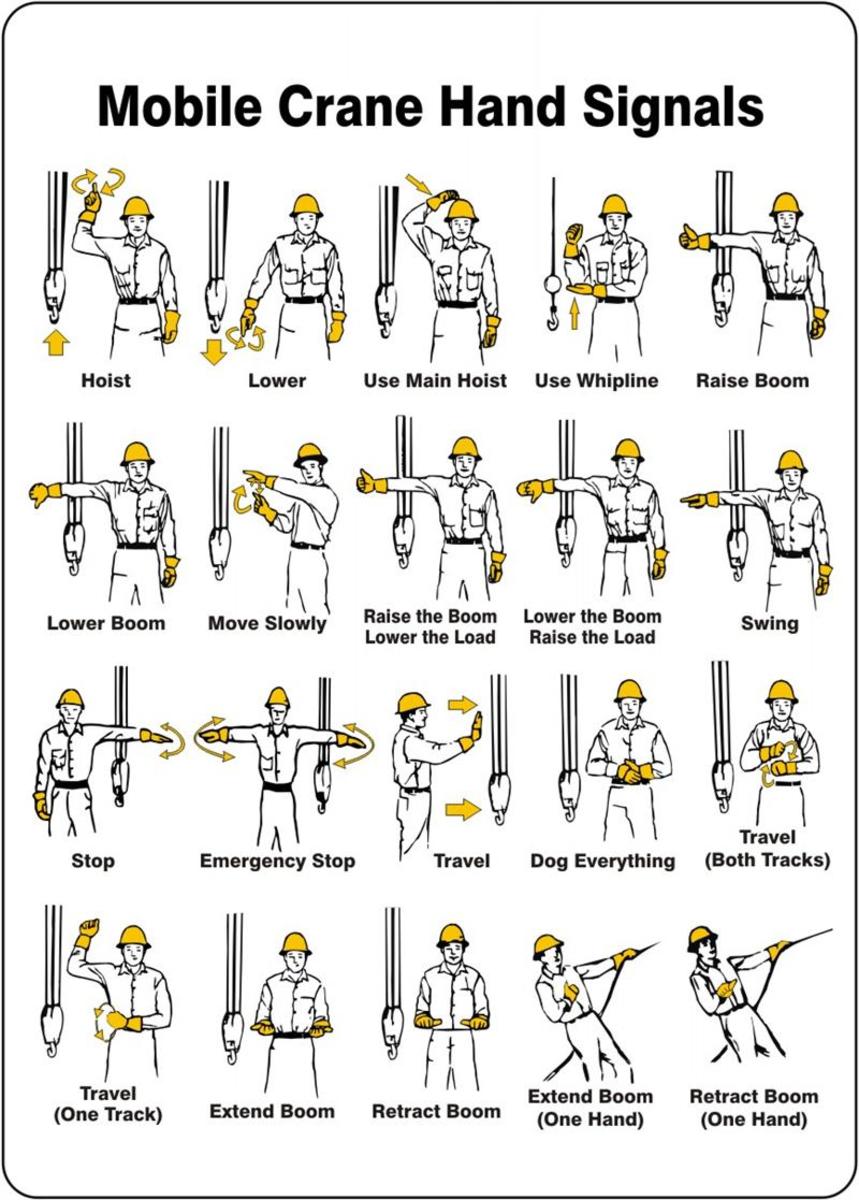Car Insurance Alternatives
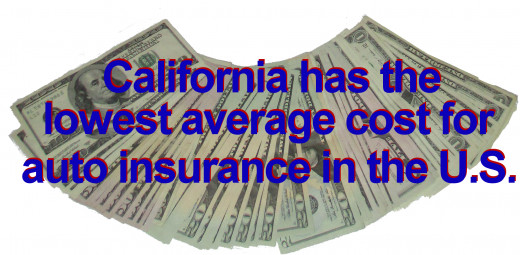
Basic Car Insurance
Like it or not, in California, if you want to drive a car, you must provide financial responsibility just in case you are involved in an accident. Most people do so by maintaining car insurance. Unfortunately, in most states, the insurance companies are very aware of the law of financial responsibility so they jack up the price for car insurance. California has Proposition 103 to help protect us from such price gouging. Regardless, basic car insurance can run anywhere from $25 a month to $150 or more a month! Some of us would like our car replaced or repaired if possible. You're looking at another $50 plus tacked on to your basic coverage. According to the Consumer Federation of California the average a person paid for insurance in 2010 was $746 a year. That's an average of $62.00 a month. Remember that's an average. That means there are some people paying more than $62 and some paying less. Again, California has Proposition 103! Prop 103 requires insurance companies to open their records and prove why they need to implement a rate hike before they are allowed to do so.
According to the Department of Motor Vehicles (DMV) basic financial responsibility consists of:
- $15,000 for injury/death to one person.
- $30,000 for injury/death to more than one person.
- $5,000 for damage to property.
To meet these requirements most of us pay an insurance company in either monthly or bi-yearly installments.
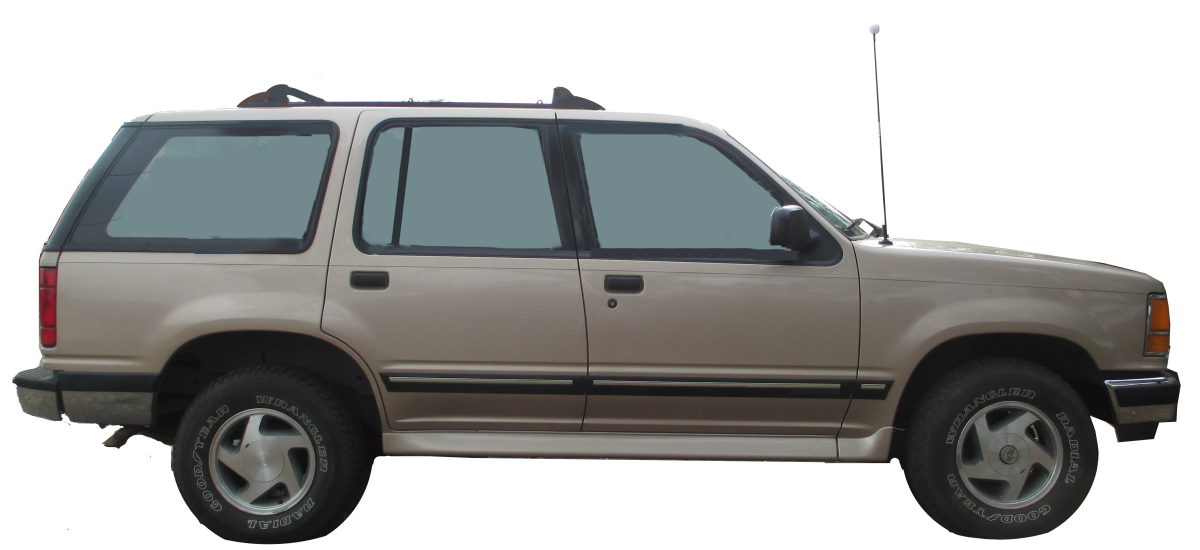
Proposition 103
Prop 103 has saved Californian's a great deal of money.
Prop 103 provides that:
- All rate proposals be evaluated with consistent standards for all providers.
- Insurance company information and proposals are available to the public.
- We, the consumer, can request a hearing at the Department of Insurance on questionable rates or policies.
California is the only state with such laws as mentioned above. It's needless to say, California has the lowest average insurance costs in the US.
Insurance Alternatives
For those of us that have never been in an accident, this is a huge sum of money we will never see again!
Making monthly payments to an insurance broker is a simple, and common, way to take care of the requirements, of financial responsibility, but there are other options. There are actually three other options available to you, approved by the Department of Motor Vehicles, in the state of California.
- You can get a DMV issued self-insurance certificate. You can call the DMV Financial Responsibility Unit for information on this option at: 916-657-6520
- Or you can provide a surety bond for $35,000 from a company licensed to do business in California. To locate a company that sells surety bonds contact the Department of Insurance at www.insurance.ca.gov or call phone #1-800-927-4357.
- You can make a cash deposit of $35,000 with the DMV. Call the DMV Financial Responsibility Unit for more information about this at: 916-657-6520.

Have You?
Have you EVER been in a car accident?
Cash Deposit, Self Insurance & Surety Bonds
The self-insurance certificate pertains to someone that has 25 cars, or more, in their possession, at all times. Said person must always have 25 cars, at all times, or the DMV can cancel the certificate. Also, judgments must be paid in full otherwise it can be canceled. This option would be optimal for a dealership, car showrooms and car collectors.
A Surety Bond is a little tricky, but worth looking into. A large source of information pertaining to Surety Bonds can be found here, on the DMV website. A Surety Bond is obtained through a company that is licensed to provide such. You can find who provides this service from the Department of Insurance. From my understanding, a surety bond works by you providing collateral, such as a home, and in return the company, provides a document stating you have provided such collateral through a court order. If you are involved in an accident the collateral is used to pay damages if you cannot. Here is the definition of surety bonds straight from our government.
Then we have the cash deposit of $35,000 with the Department of Motor Vehicles. This is self explanatory. You give the DMV $35,000 to put in an account they hold in your name and if you are involved in an accident the money will be used for claims against you, if you are at fault. If your not in an accident, the money is there until you reclaim it (when you no longer wish to drive a car). The money you save, from not making payments to an insurance company, will add up to more than you would get from any bank for interest on that amount. For example: Insurance coverage for a vehicle may be $700 for a year. The insurance company will tack on a service charge, a convenience charge and any other charge they can get away with. Your premium ends up coming to $850-$900 a year for that $700 insurance coverage. But, if you put $35,000 into a cash deposit with the DMV you will save that $150-$200 of fee's tacked on. That's money staying in your bank! Some people may argue that's like comparing nickels to pennies. Personally, I want to keep my nickels and pennies. Pennies make dollars!
Have you ever been in an accident with an un-insured motorist?
Electronically Alert the DMV
Keep in mind, if you choose to skip the insurance thing for a while, insurance companies are required by law to report private-use vehicle insurance information to the DMV. If the insurance company reports that you have cancelled your insurance, or allowed it to lapse, the DMV will immediately revoke the registration on your vehicle. You will receive a notice in the mail informing you of their action with instructions on how to re-instate your registration. Just because you have a pretty colored tag on your license plate does not mean all is well. Police have a device that can scan and read thousands of license plates within minutes of being aimed at vehicles. They will know if your registration has been revoked.
In California, if you can't afford regular insurance you have options there too. Low-Cost-Insurance is a program run by California that assists financially qualified individuals obtain car insurance. Insurance companies in California choose to participate in the program. Be aware some of the insurance companies will try to sway you into purchasing a costly insurance instead of the basic insurance you are required by law. When you visit the Low-Cost-Insurance site you will be offered several companies to choose from that are providers. You provide your information and THEY call you. The insurance company that you choose is completely aware that you are requesting the low-cost-insurance option, so don't be pressured into buying more than you need.

You Want to Protect Your Baby
Just remember there are choices to car insurance.


